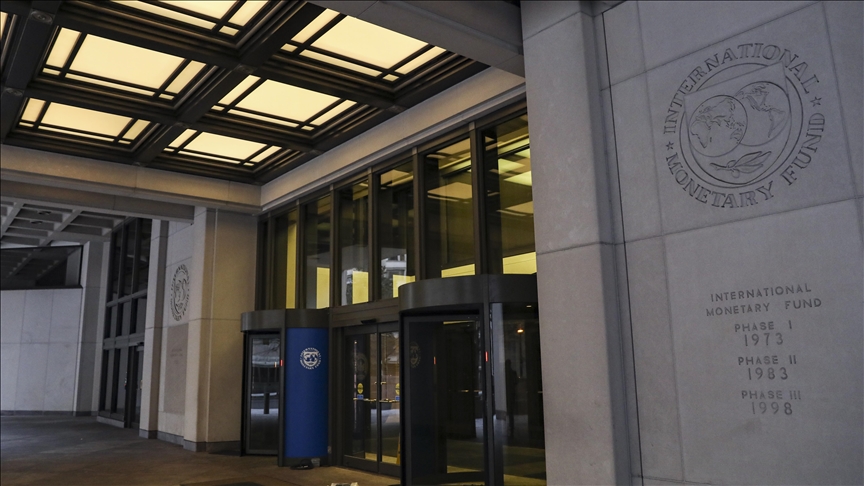IMF approves $4.7B loan for Bangladesh
Loan to address economic hardships, preserve macroeconomic stability, foster inclusive, green growth
 International Monetary Fund (IMF) building
International Monetary Fund (IMF) building
DHAKA, Bangladesh
The International Monetary Fund (IMF) on Monday approved a much-awaited $4.7 billion loan package for Bangladesh, according to a statement by the fund.
The loan approved by the fund’s Executive Board includes $3.3 billion under the Extended Credit Facility (ECF) and Extended Fund Facility (EFF), and $1.4 billion under the Resilience and Sustainability Facility (RSF).
The world’s major financial agency also noted: “The 42-month program will help preserve macroeconomic stability, protect the vulnerable, and foster inclusive and green growth.”
Referring to the prevailing economic hardship the South Asian delta nation of 170 million people is currently passing through, the IMF underlined that Bangladesh’s robust economic recovery from the pandemic has been interrupted by Russia’s war in Ukraine.
It leads the country to a “sharp widening” of account deficit, depreciation of the local currency Taka and a decline in foreign exchange reserves.
Underlining the utility of the loan, the statement added: “Reforms will focus on creating fiscal space to enable greater social and developmental spending; strengthening the financial sector; modernizing policy frameworks; and building climate resilience.”
To accelerate growth, attract private investment, enhance productivity, and build climate resilience, the IMF has also drawn the attention of Bangladeshi authorities to some vital factors including long-standing structural issues and vulnerabilities related to climate change.
“Substantial investment in human capital and infrastructure will be needed to achieve Bangladesh’s aspiration to reach upper-middle income status by 2031 and meet the Sustainable and Development Goals (SDGs),” the statement quoted Antoinette M. Sayeh, deputy managing director and acting chair of IMF, as saying.
In July last year, Bangladesh’s Finance Minister AHM Mustafa Kamal sought a loan from the IMF to tackle the shortage of foreign currencies as it was seriously impacting the import of energy items and other essential commodities from the global market.
The foreign exchange reserves of the country dropped to $32.29 billion in January this year due to a high import payment obligation against a low dollar supply while the reserves had come down to $33.83 billion in December 2022 from a record $48.6 billion reserve in the previous year of 2021.







